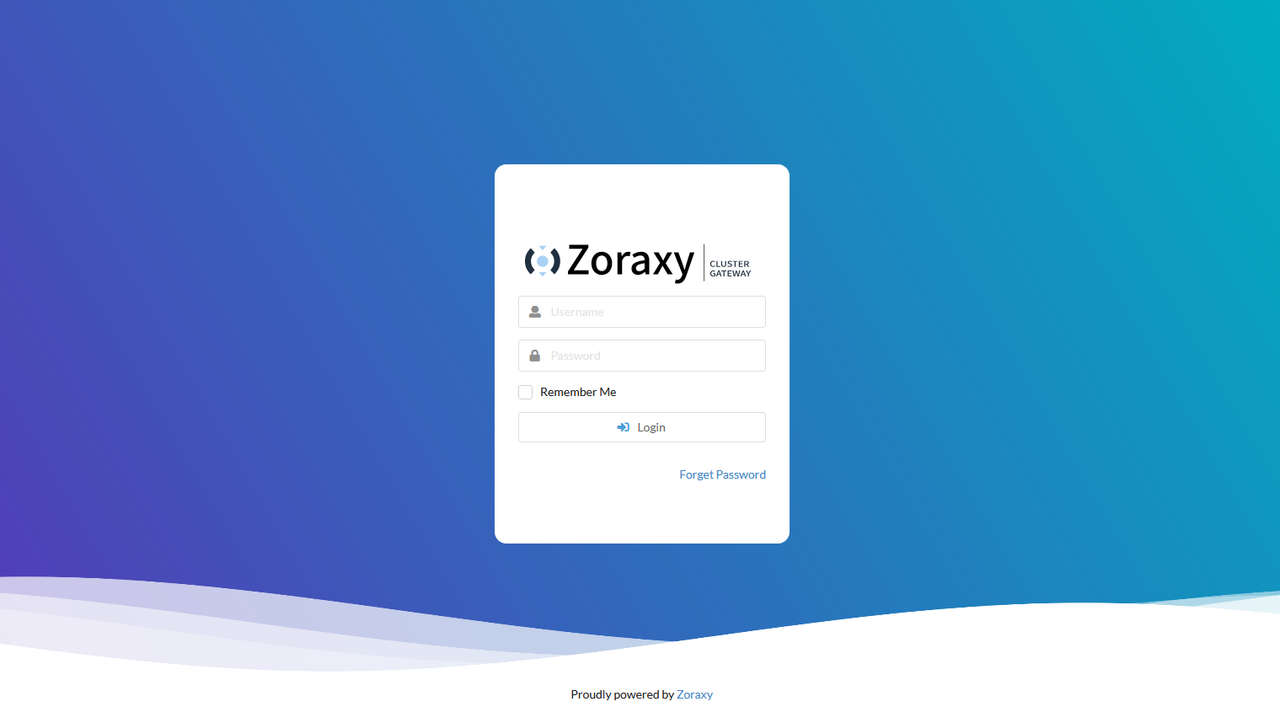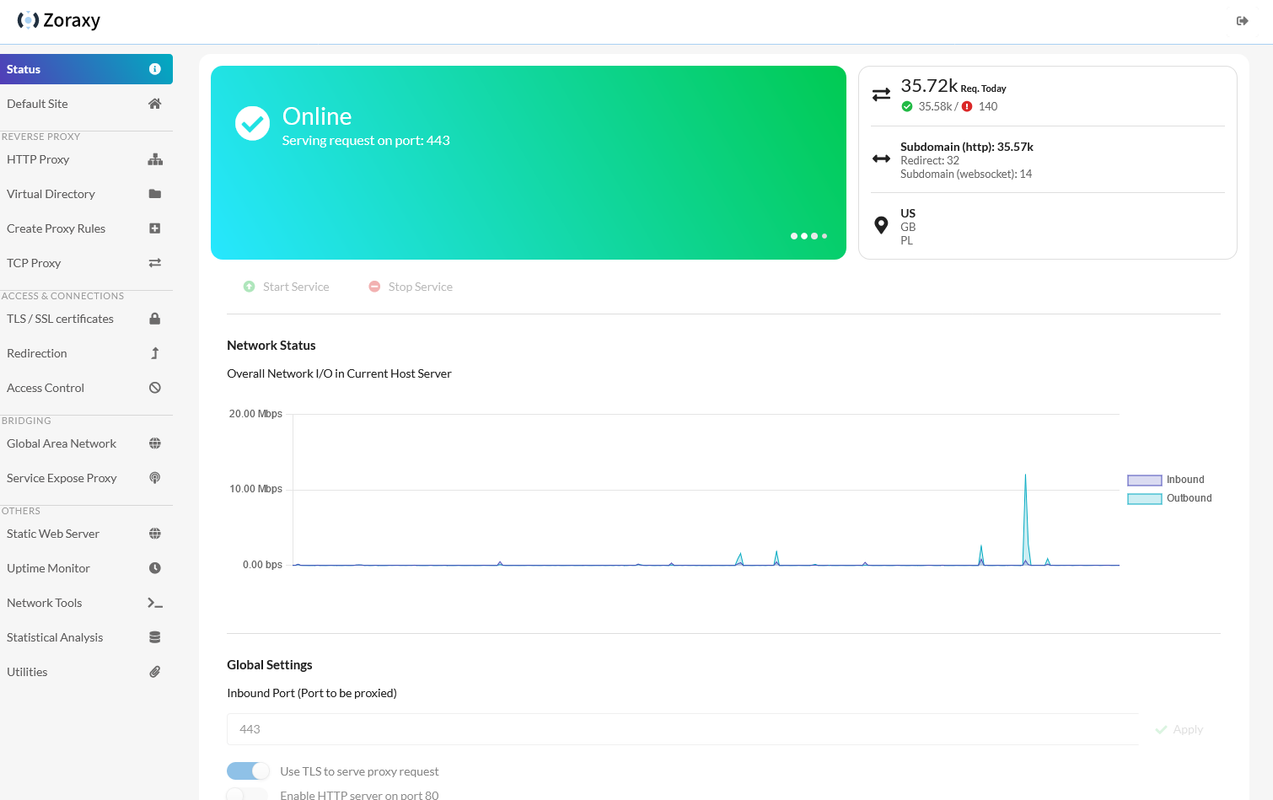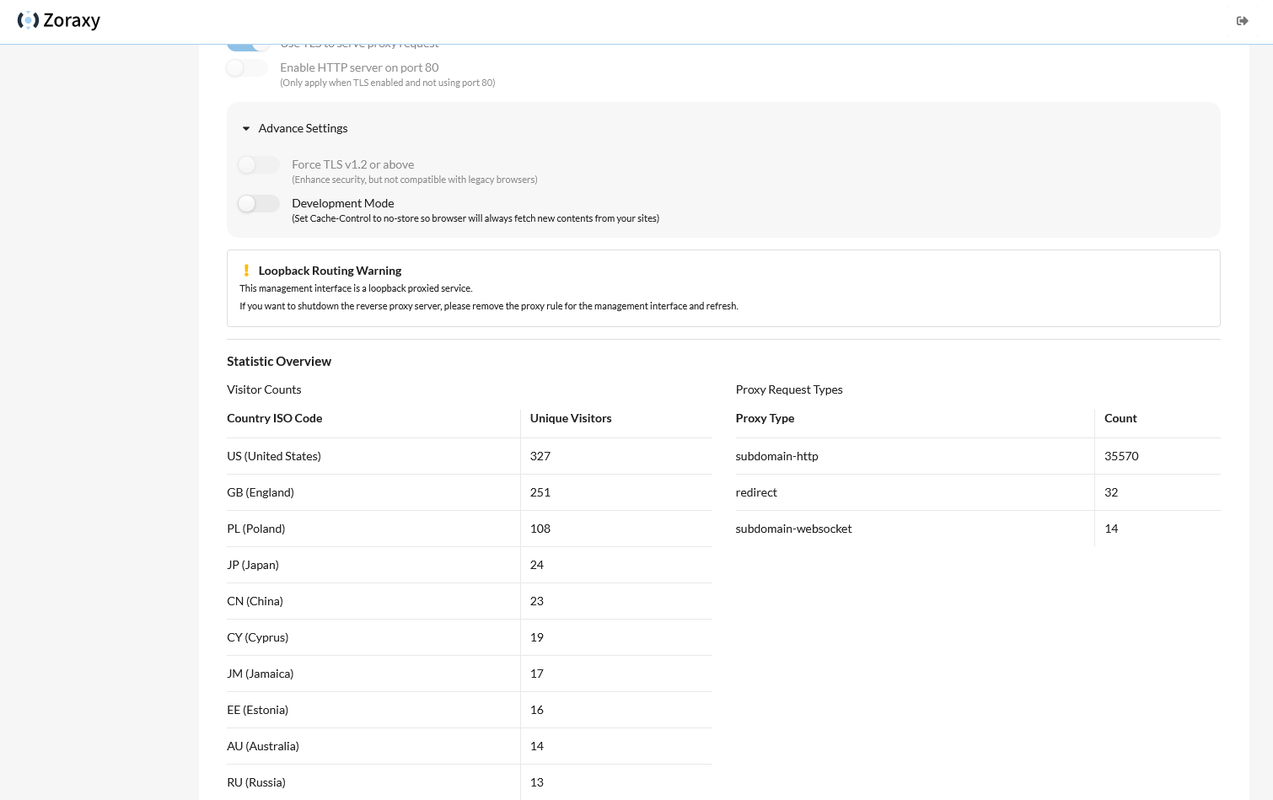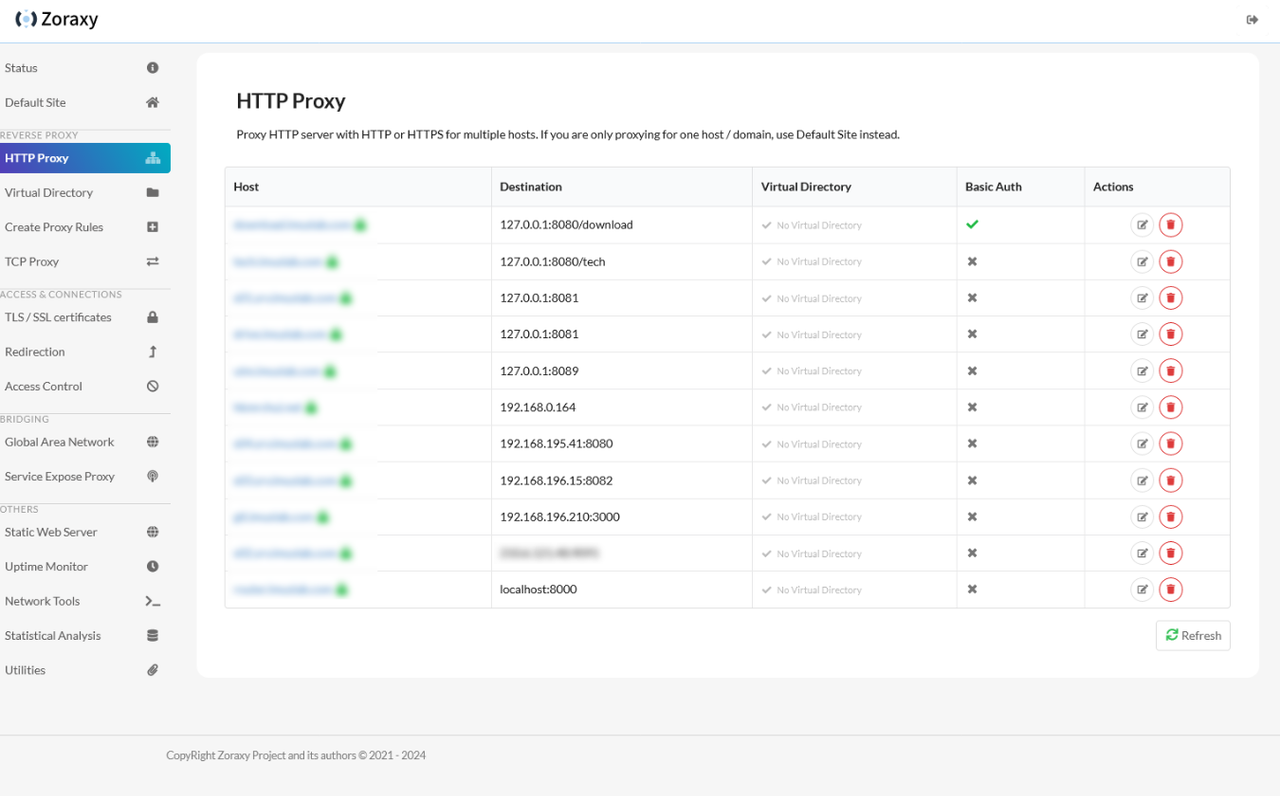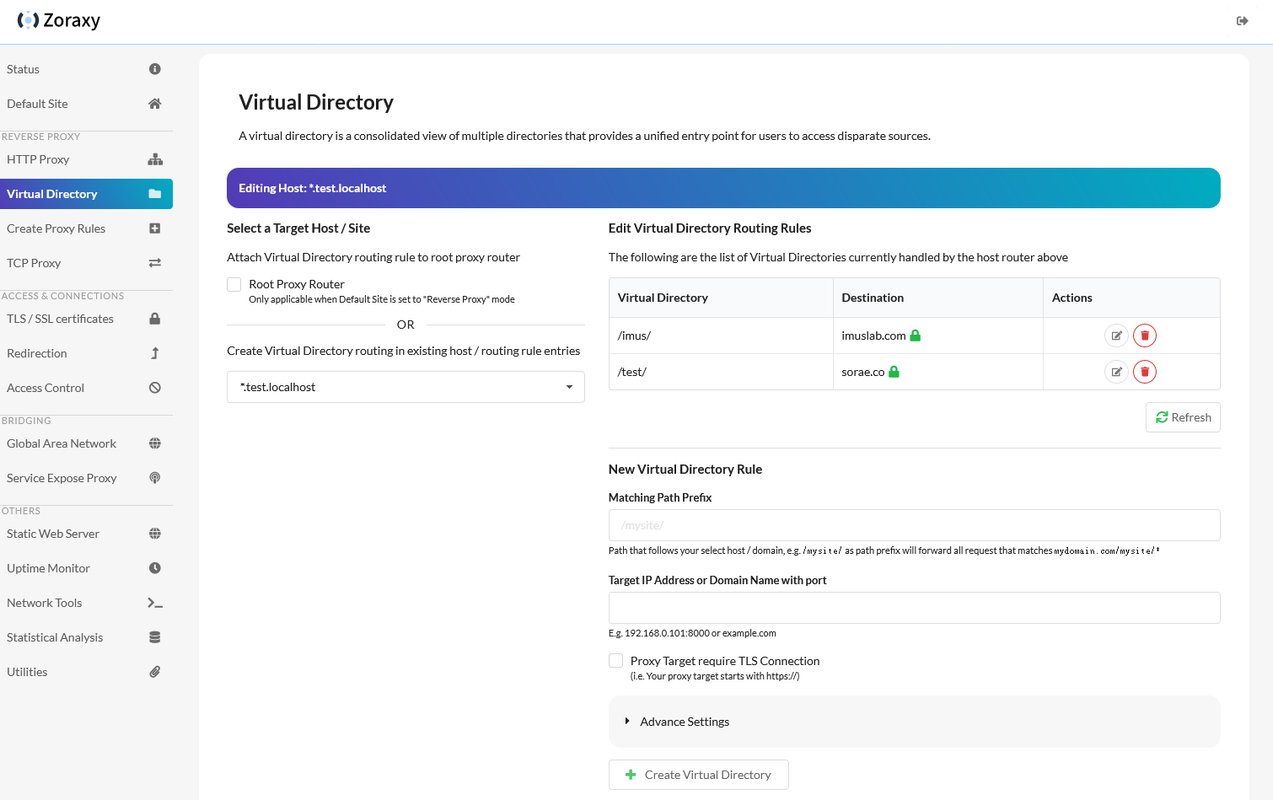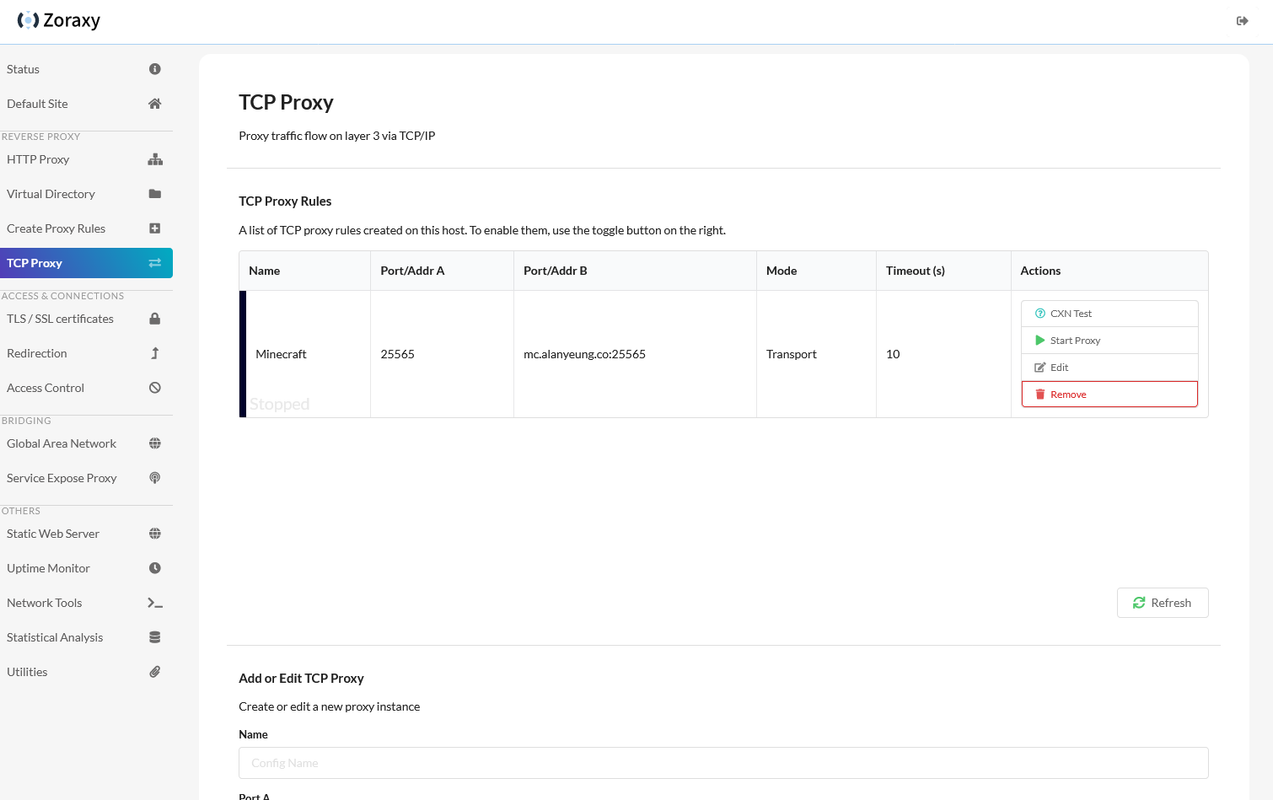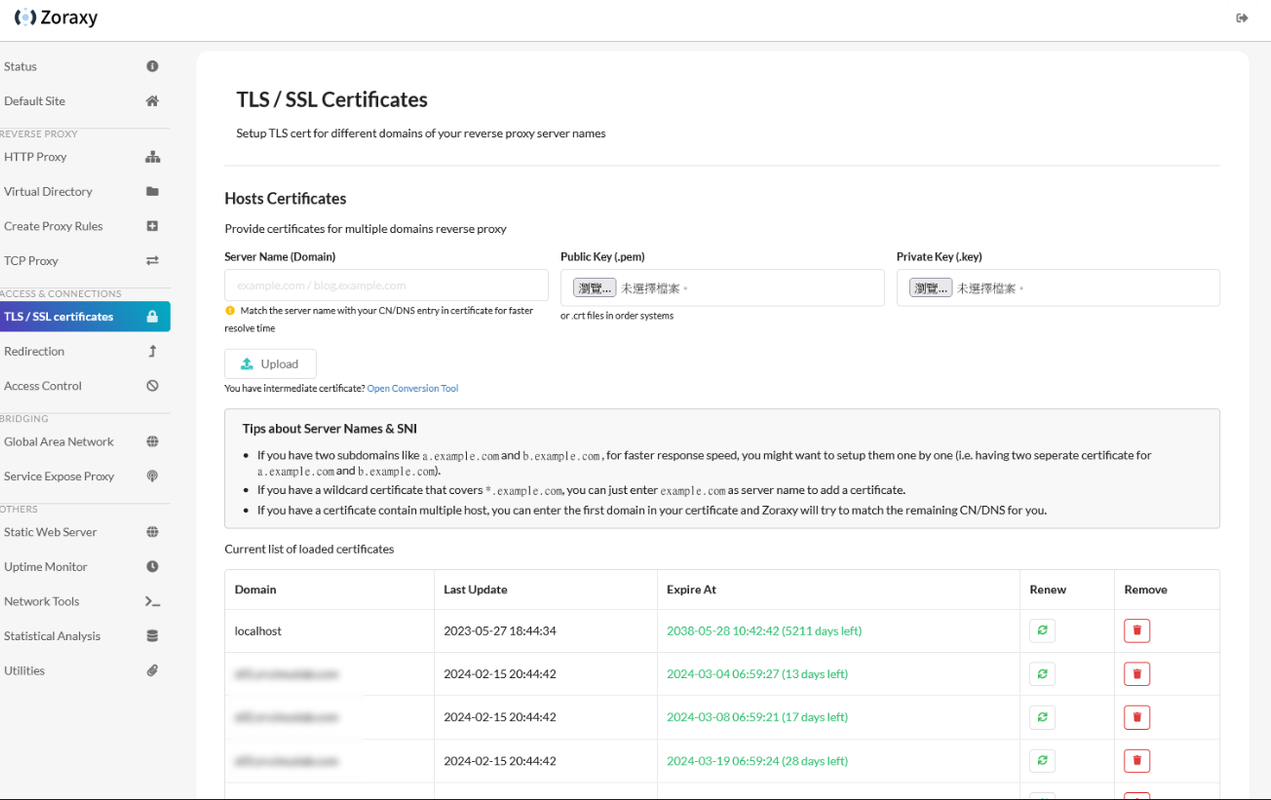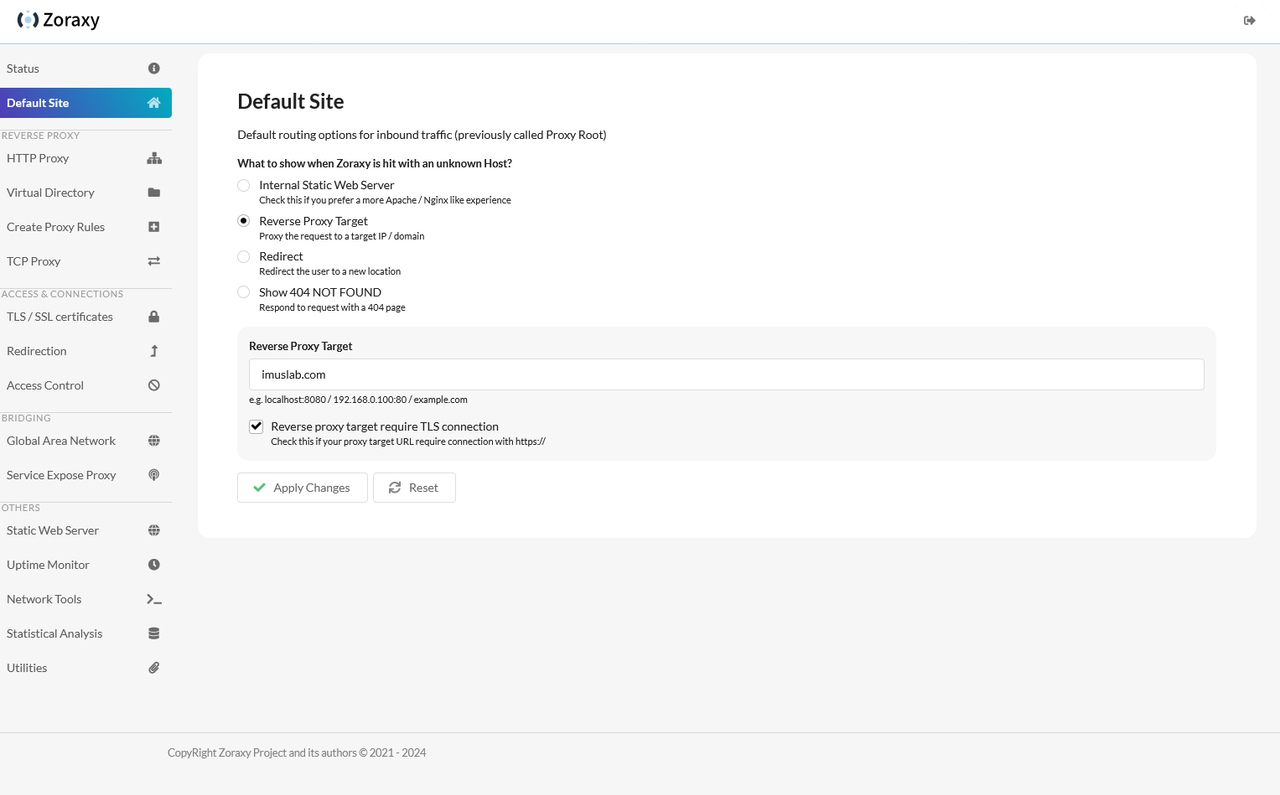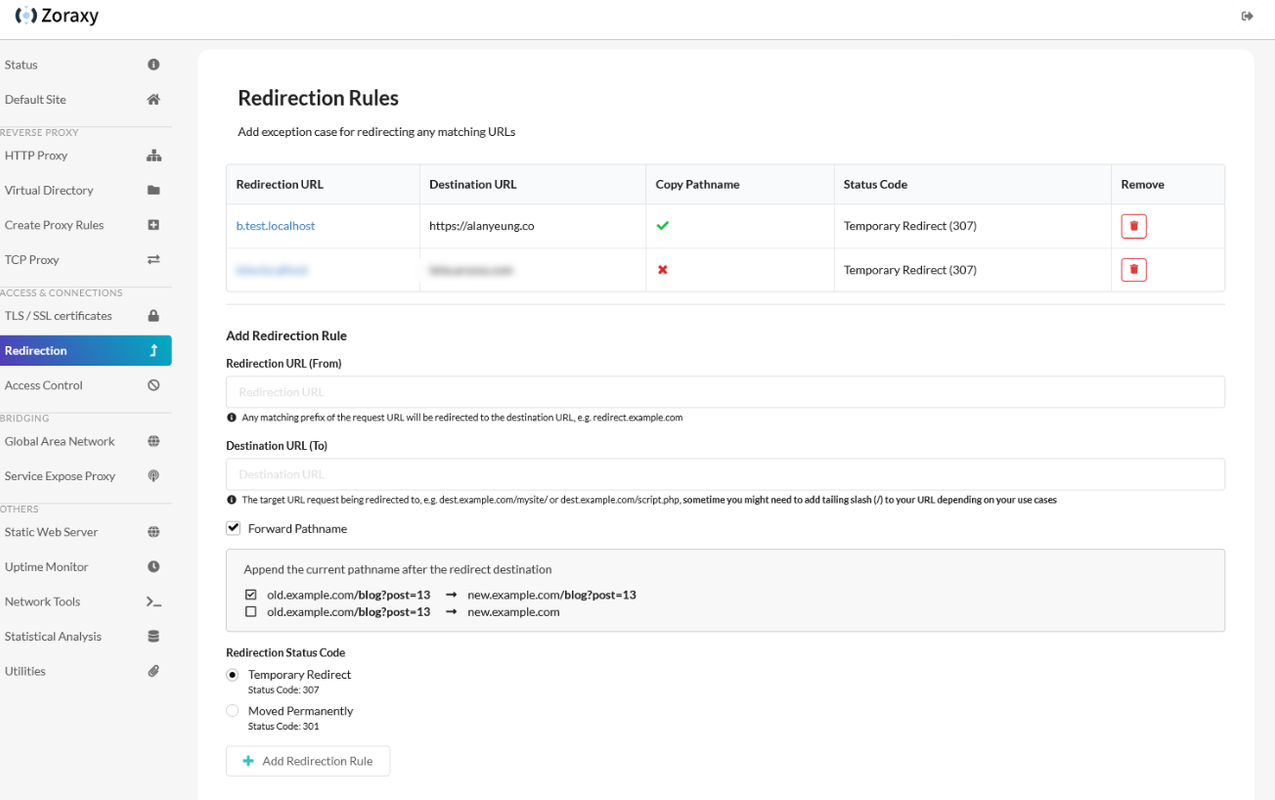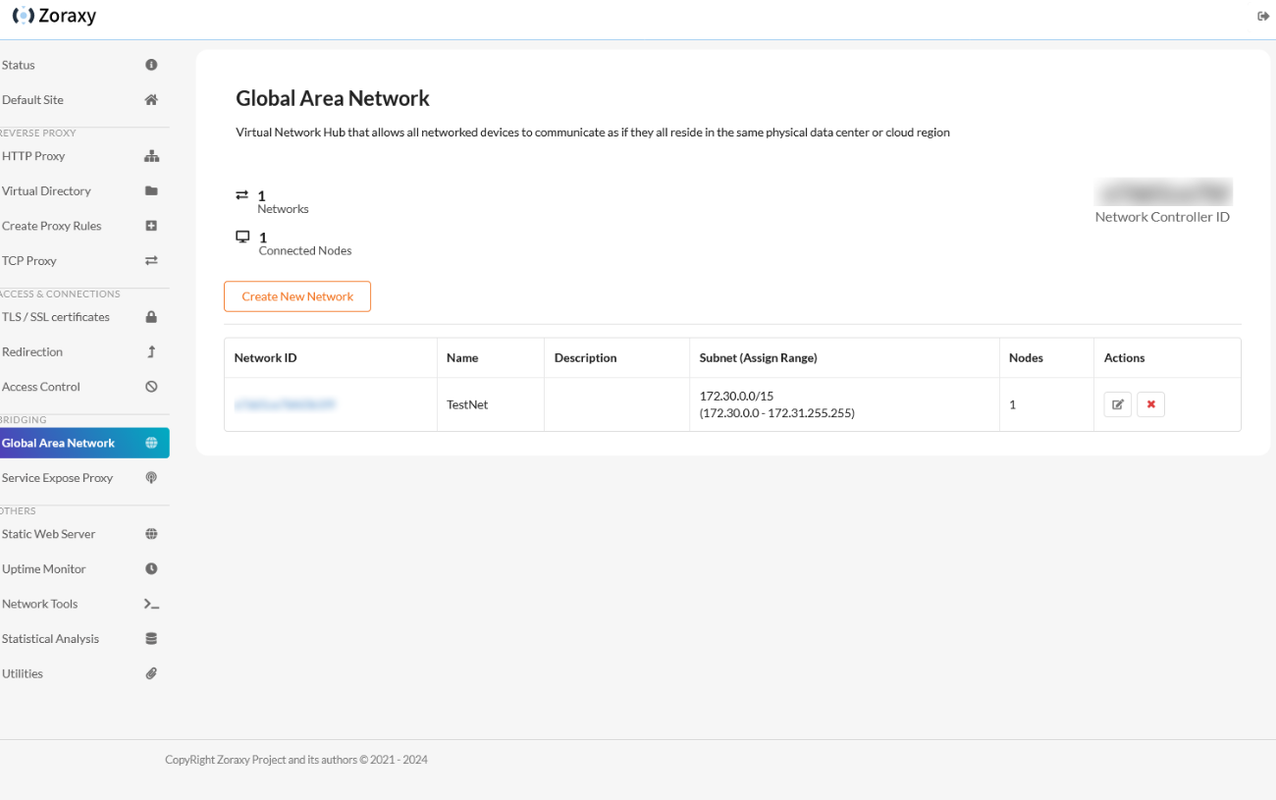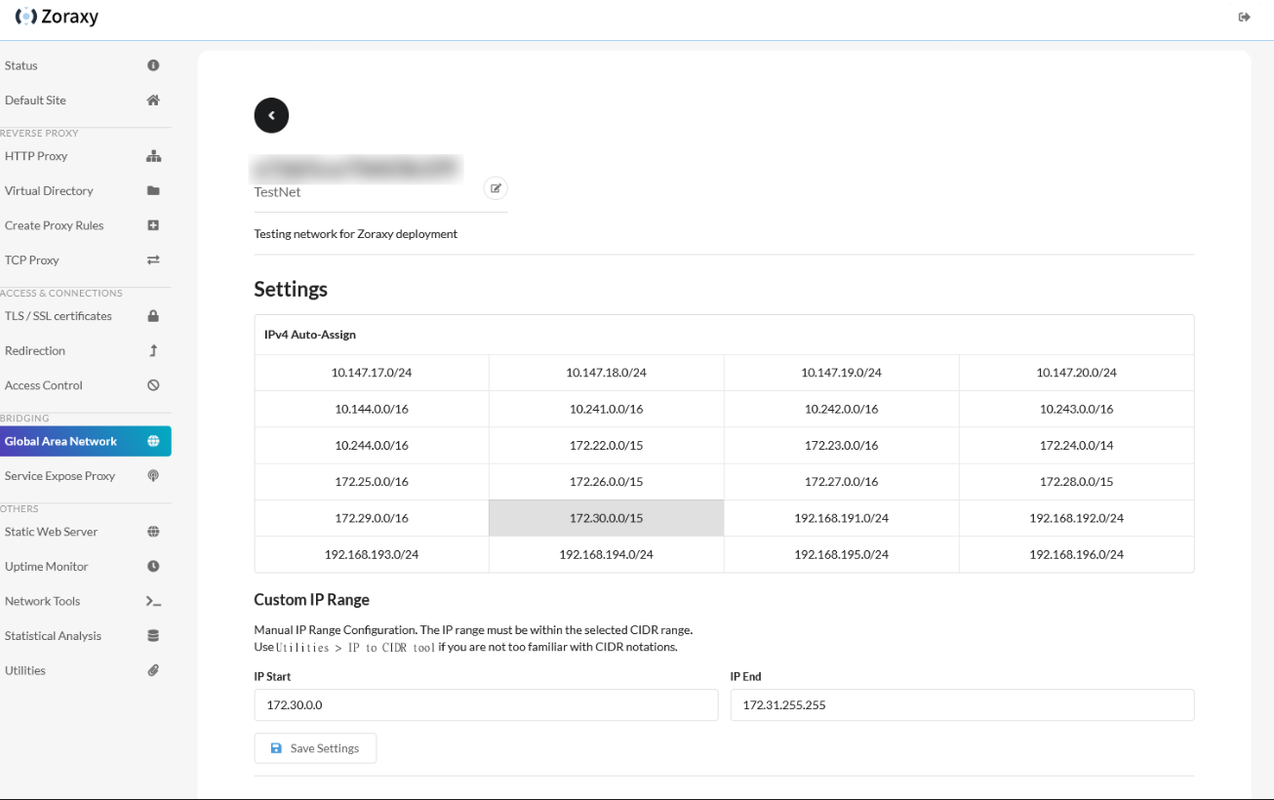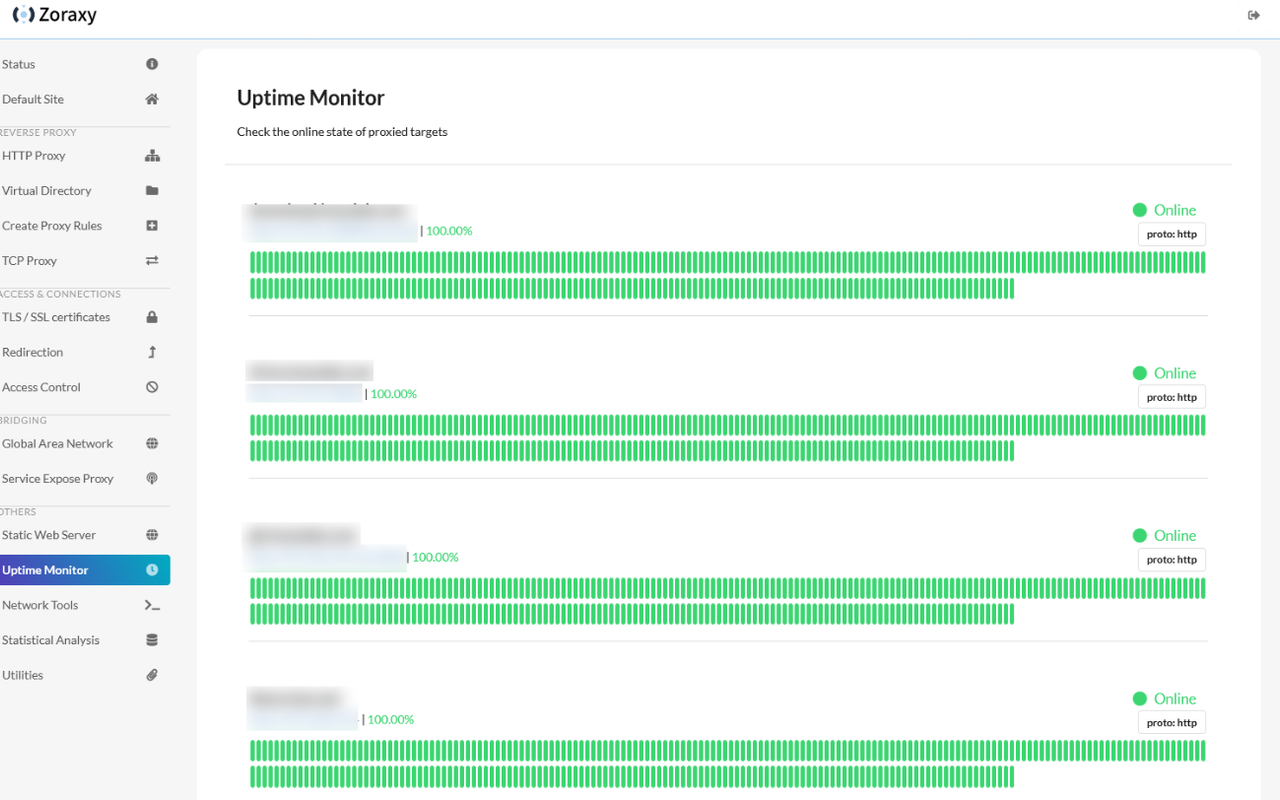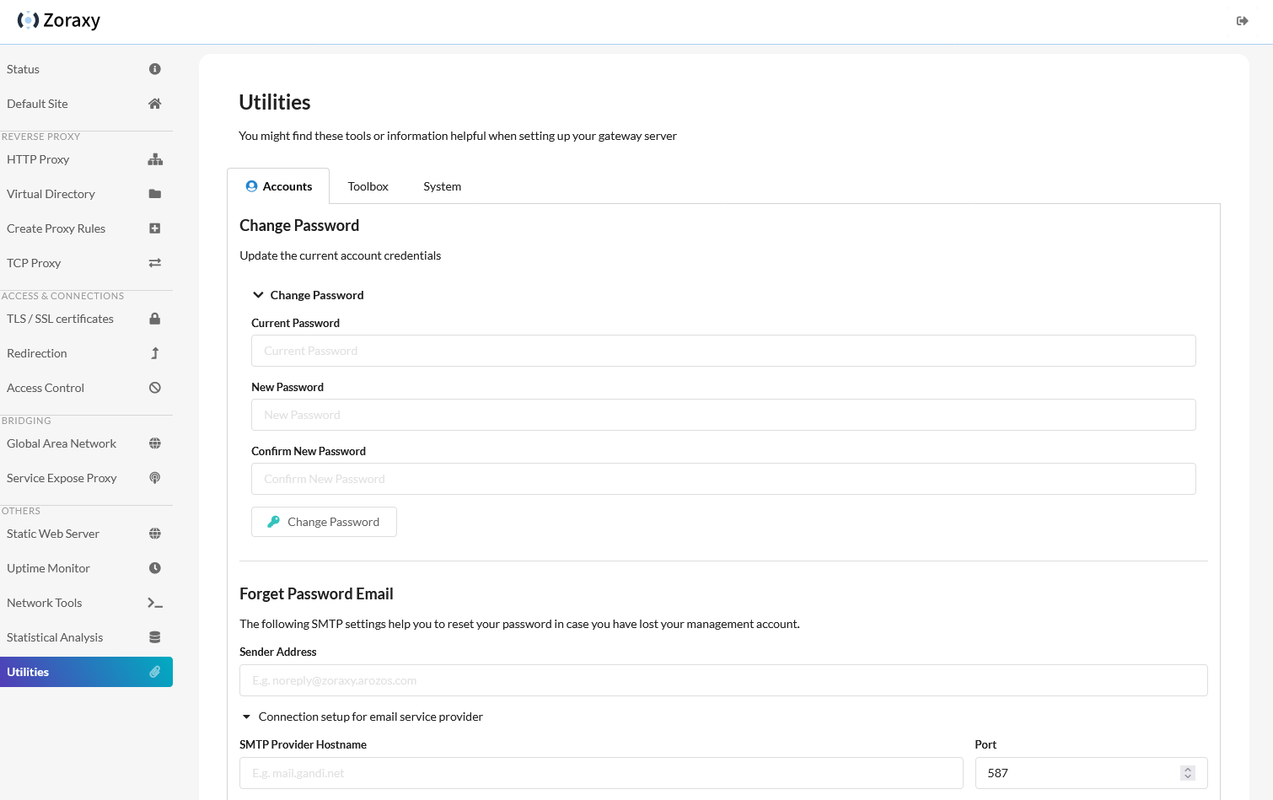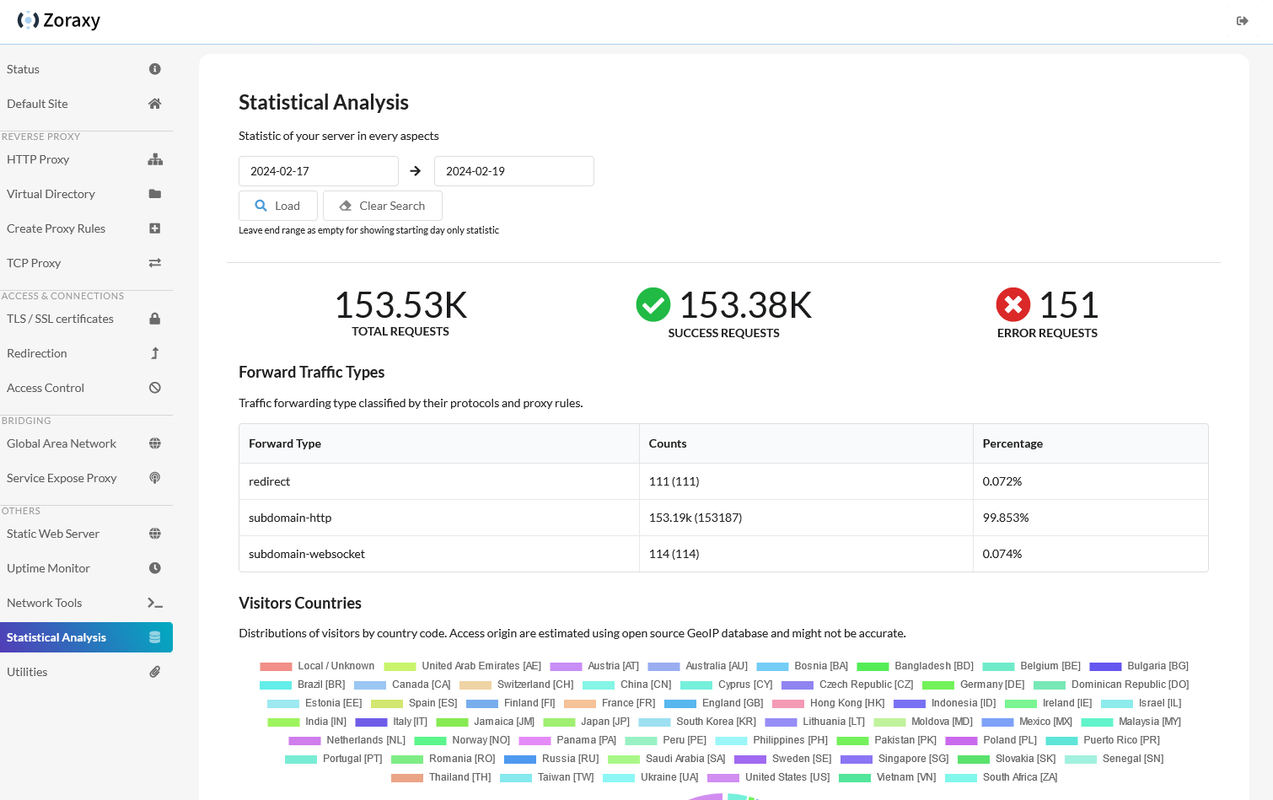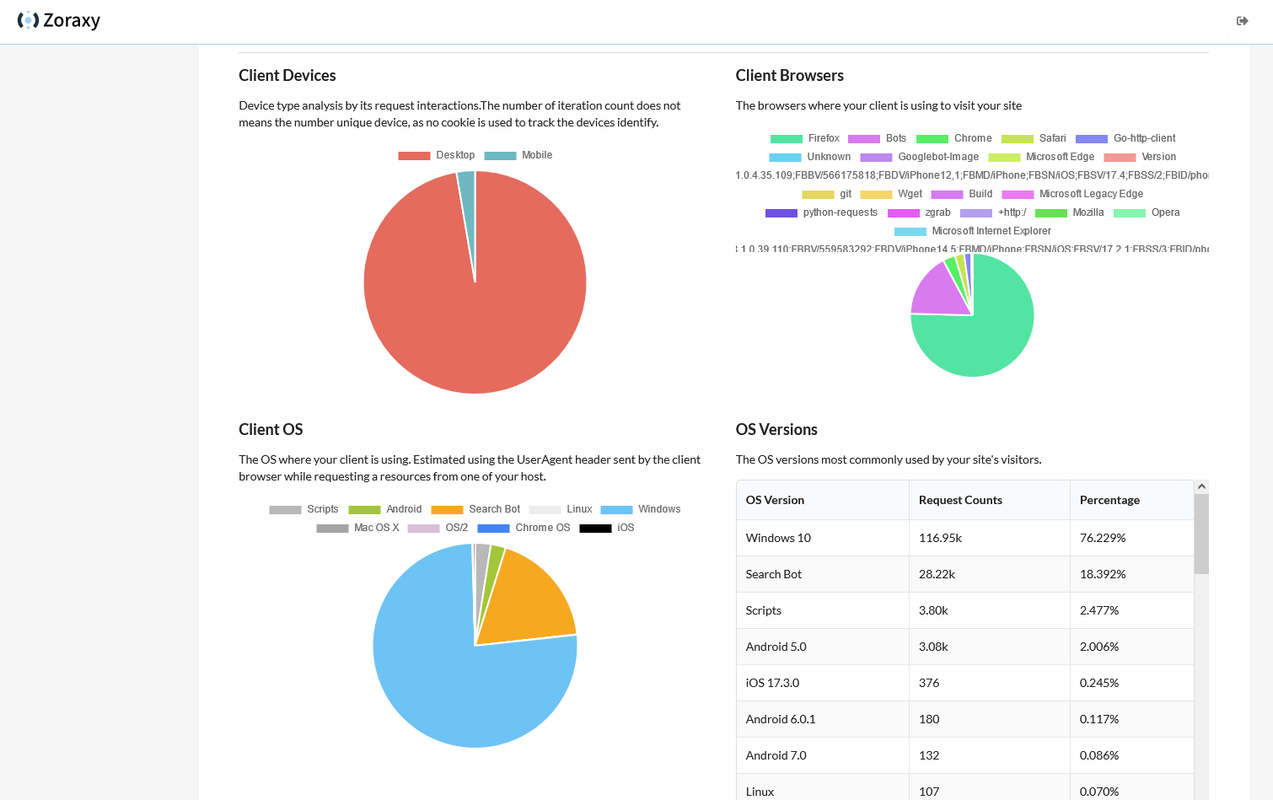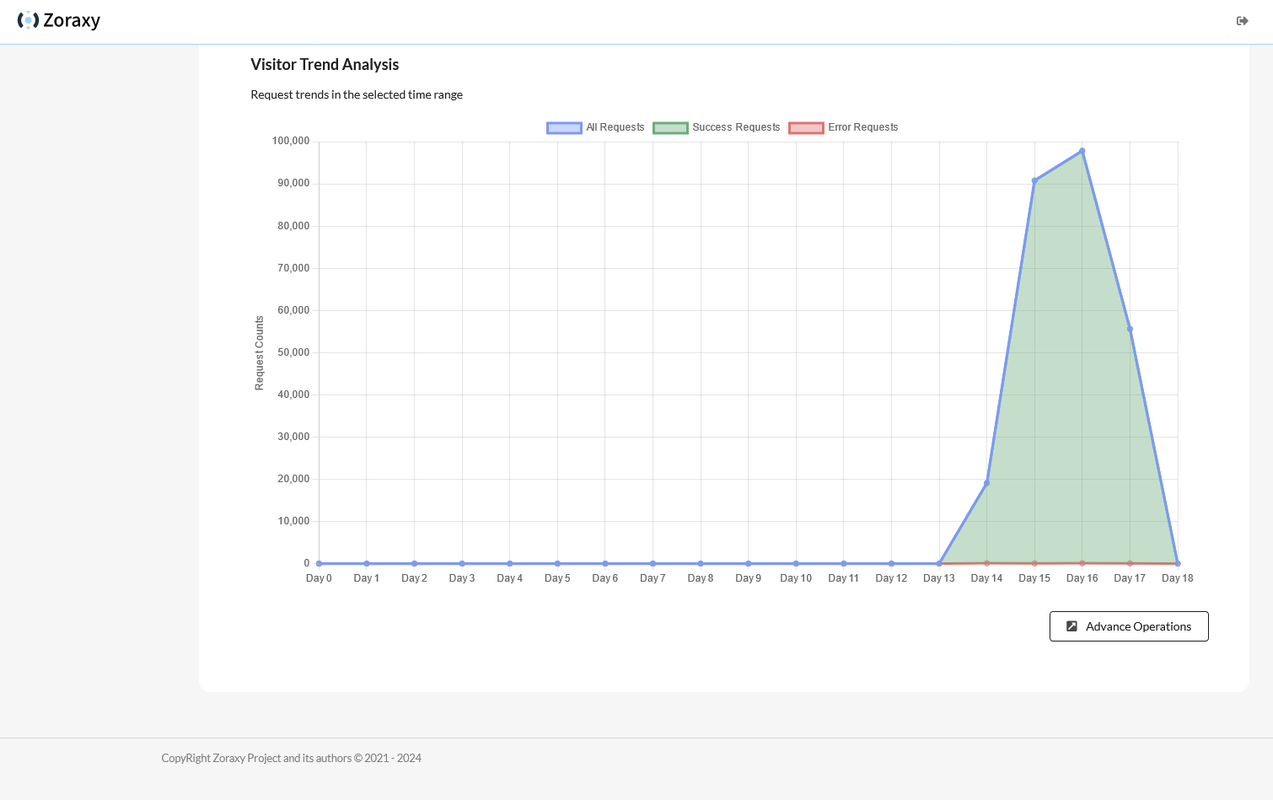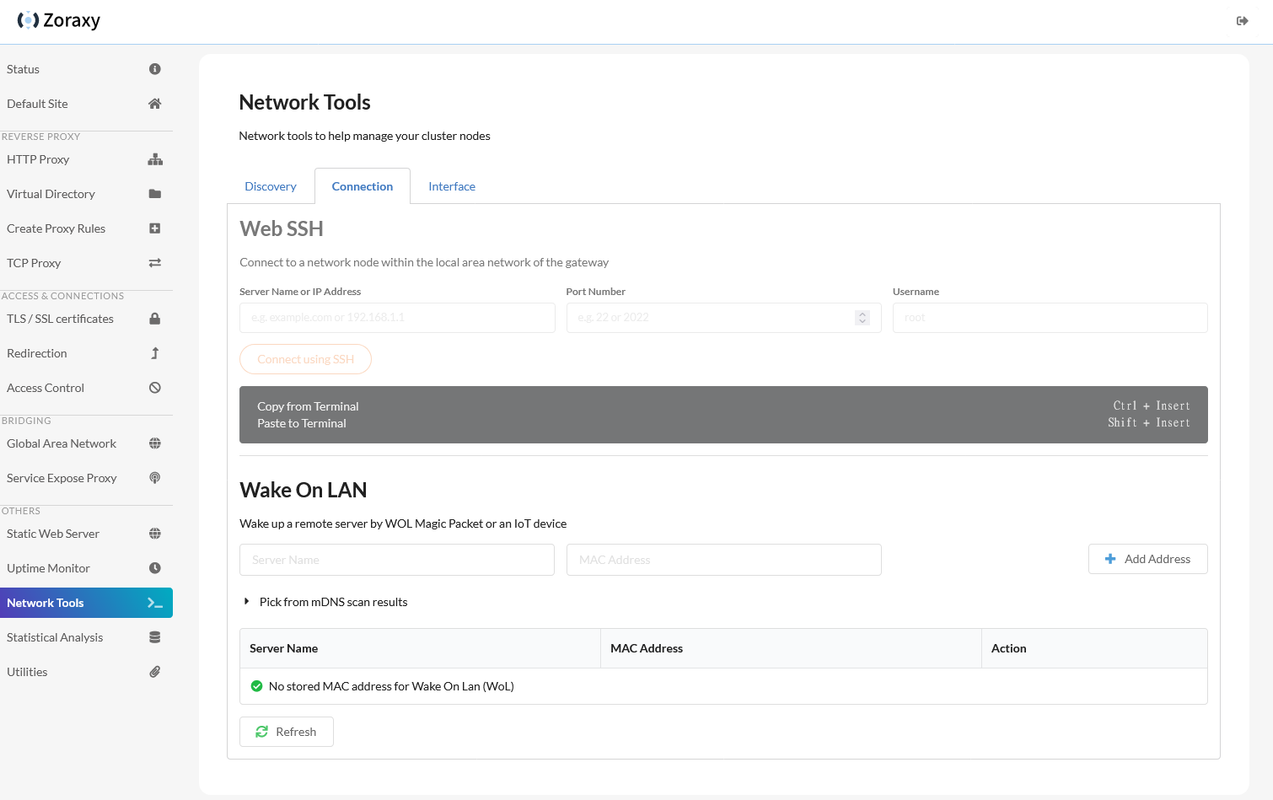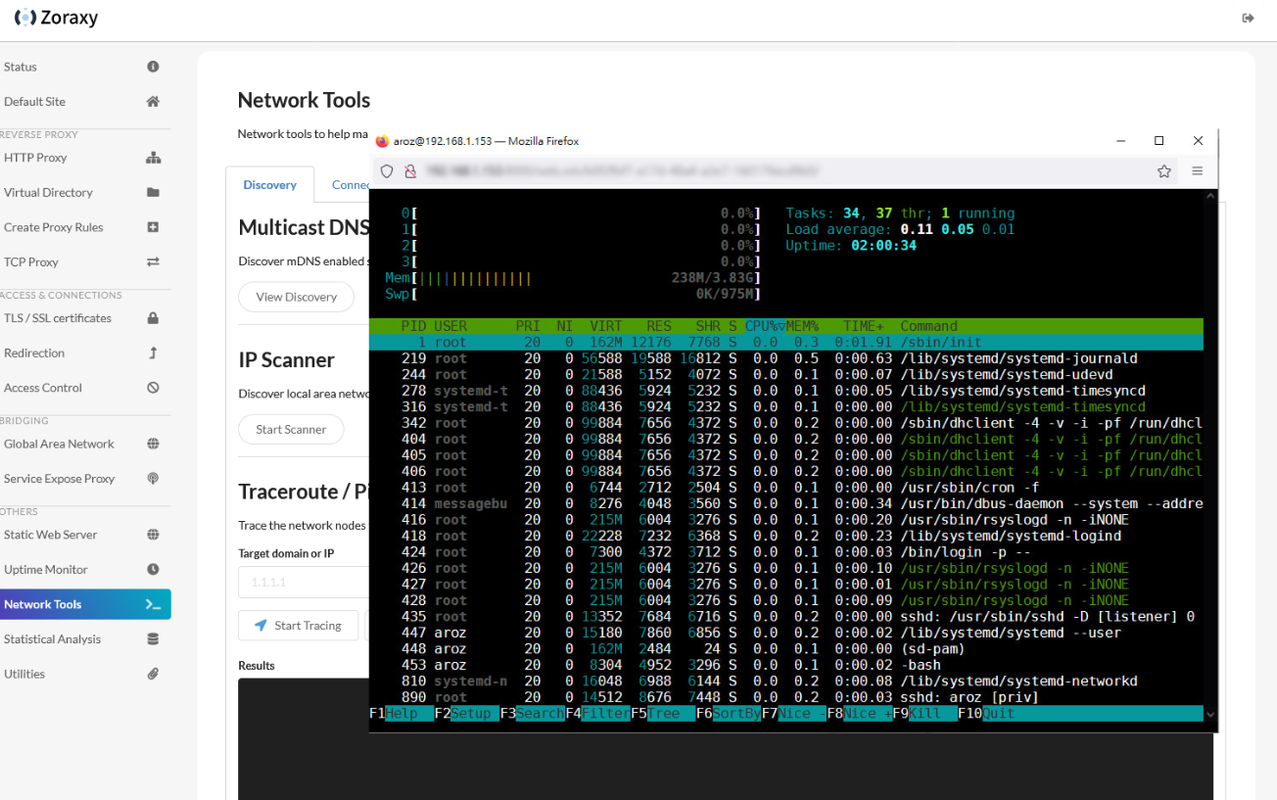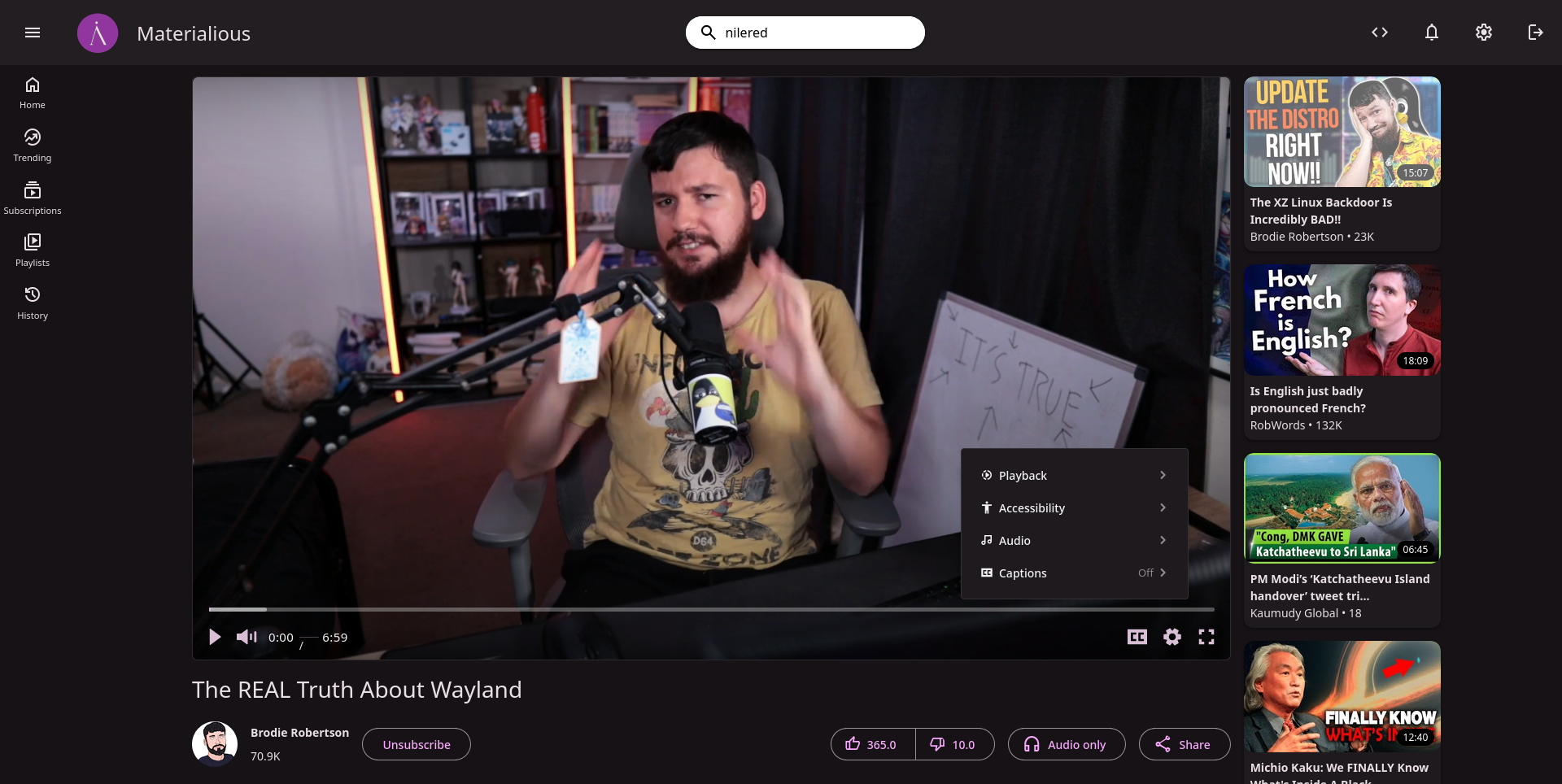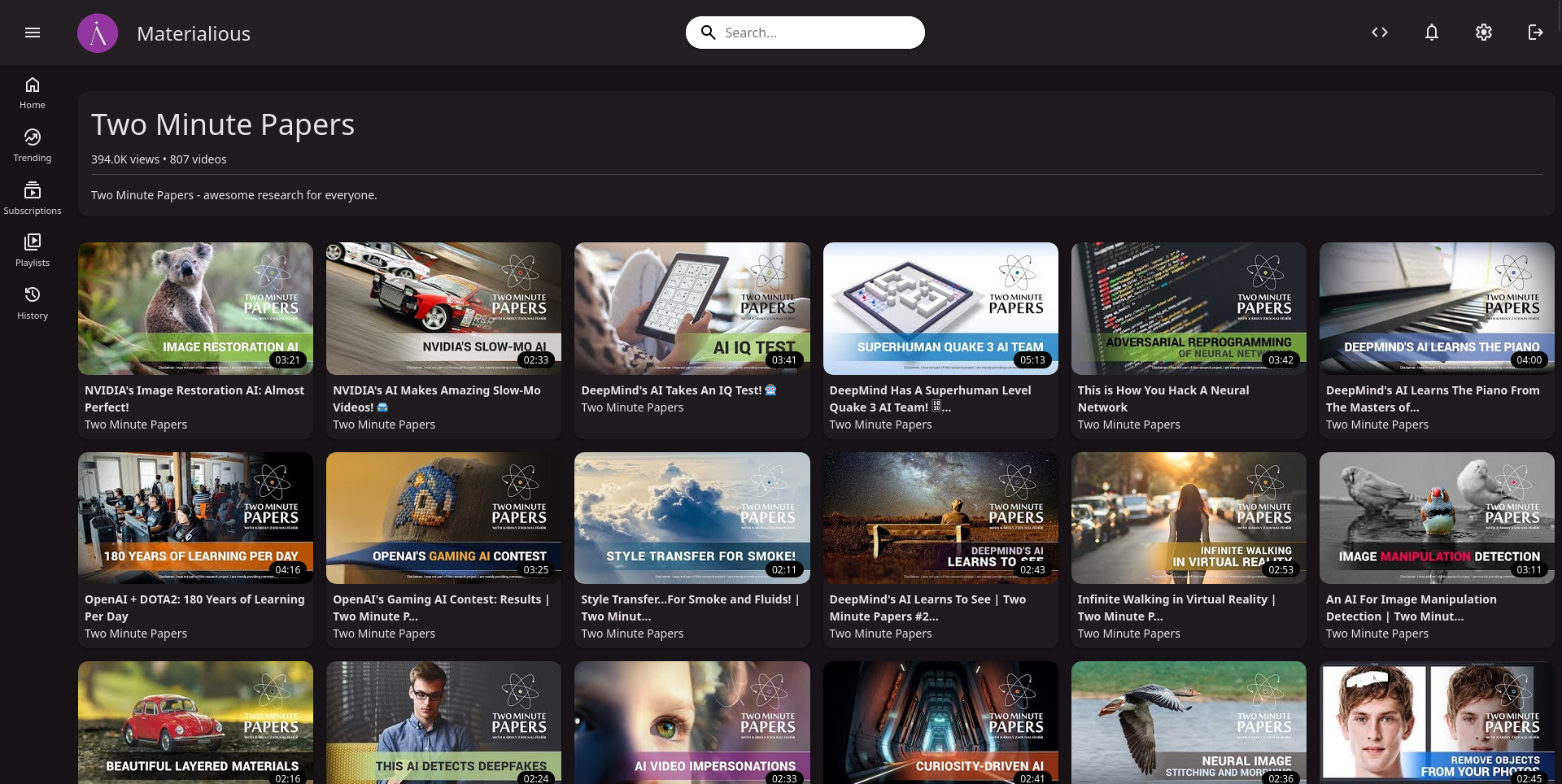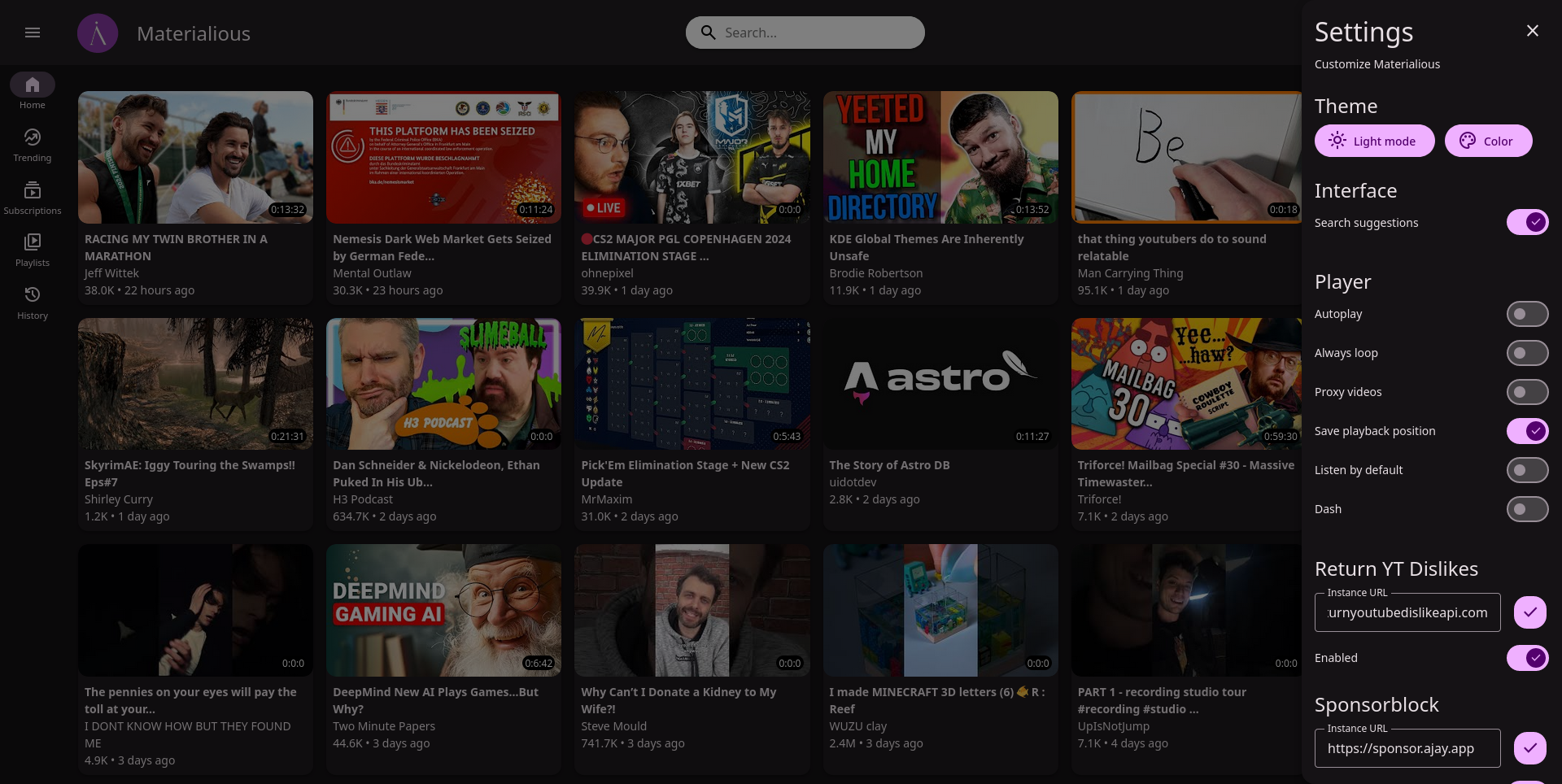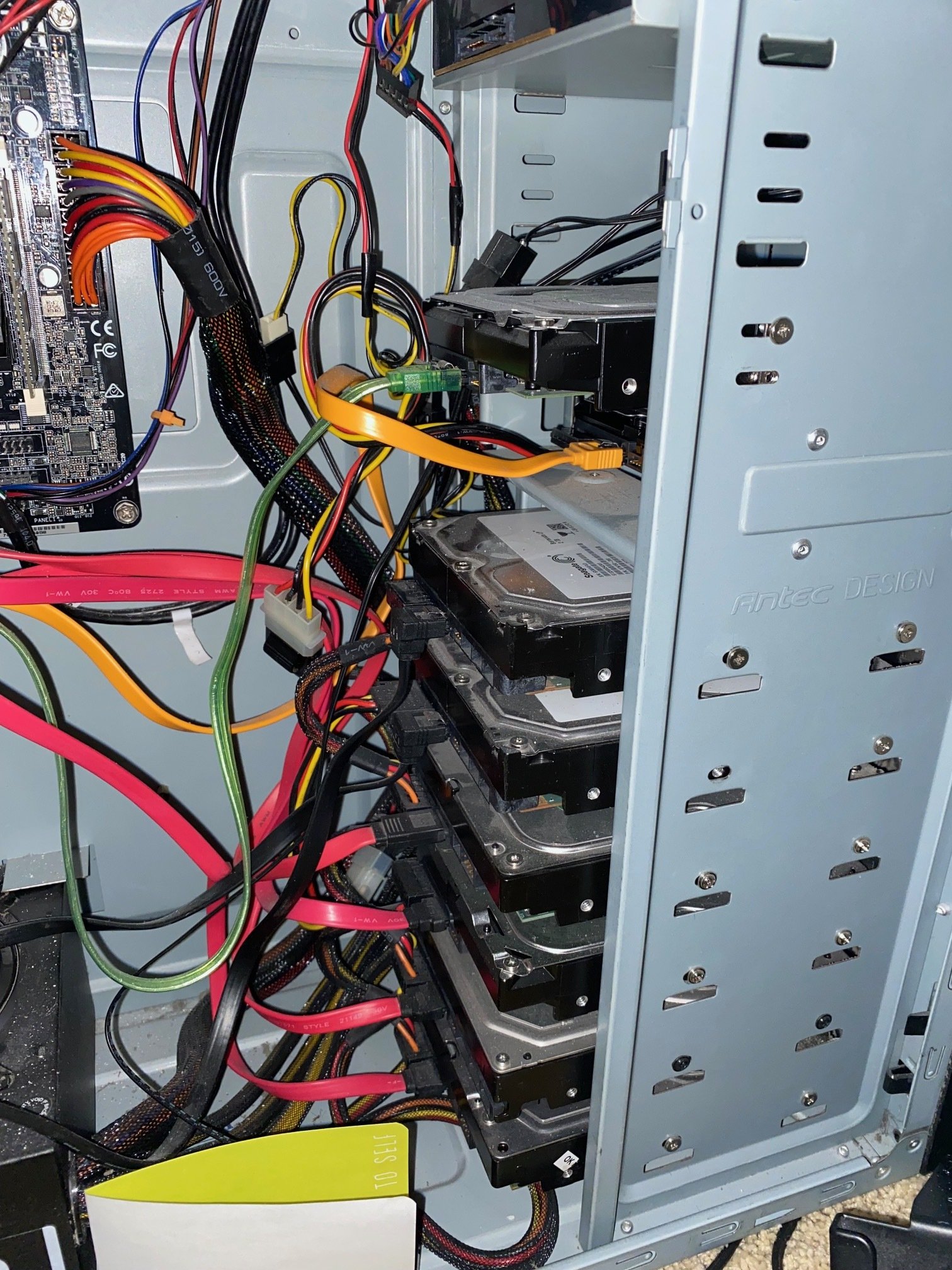I'm a novice so I chose the most novice-friendly option I could find - Squarespace. But I've had lots of problems with them, and they keep raising their prices, and they hide features like javascript code behind even higher prices.
I learned about SSGs https://jamstack.org/generators, which create fast and secure sites that can be hosted for free on Netlify and other similar sites. The downside is they're limited to static content -- IE: you can't have a contact form without paying a 3rd party.
I found a novice-friendly SSG theme for wikis/documentation -- MKDocs Material -- but I haven't been able to find anything for a regular business site.
This seems to be one of the most popular Jekyll themes https://mmistakes.github.io/minimal-mistakes/about/ but it seems to be mainly for blogs and documentation, and doesn't seem to have all the design options that Squarespace does.
I read that healthcare.gov used Jekyll https://medium.com/devseed/new-healthcare-gov-is-open-cms-free-41c25249cf38 in conjunction with https://prose.io. So I looked it up and found this https://github.com/CMSgov/HealthCare.gov-Styleguide which actually seems pretty decent; but also not complete enough. Their newer version https://github.com/CMSgov/design-system seems more complete/extensive, but also quite technical. It looks like it requires too much coding for me.
Weebly seems to be a slightly cheaper alternative to Squarespace but it's missing some features and Square might end it in a few years.
I've never used Wordpress but now that I've hosted a few websites I'm thinking about purchasing Oxygen https://oxygenbuilder.com/ and hosting a Wordpress site myself. Oxygen is like a more advanced version of Squarespace with a 1-time payment equal to 1 year of Squarespace. Then you just have the monthly costs of hosting the server, which should be $5-10 (no idea how this scales with amount of traffic, do you?). There is a plugin/addon to export a static site, but it might not be worth the trouble.
According to https://servebolt.com/articles/calculate-how-many-simultaneous-website-visitors/ a 2-core server ($5) with a webpage that takes 300ms to load can serve:
- 400/minute
- 24,000/hr
- 288,000/12 hrs
A lot of people use Wordpress, but also seem unsatisfied with it https://jamstack.org/survey/2022/#content-management-systems.
The Gutenberg editor may be new since the last time I tried Wordpress https://www.hostinger.com/tutorials/gutenberg-wordpress, and it looks pretty similar to Squarespace. So maybe I don't even need Oxygen. I looked up "Gutenberg vs Oxygen" and people were saying to go with Gutenberg.
I've been considering Grav https://getgrav.org/ too, but similar to the SSGs, it doesn't seem to have all the design capabilities without coding them yourself.
I've seen people say you can get chat GPT to write HTML code for you but I've never used it and it seems like it would be difficult to design a website that way. I looked for a video but only found one covering writing content, not code.
I found out about Hostinger Website Builder https://www.youtube.com/watch?v=cUjjGIfjh-4 which uses AI and looks very similar to Squarespace's builder. But there's no demo so I can't see exactly what it can do. But Hostinger is much cheaper than Squarespace, and you can choose to use Wordpress with it instead of the Hostinger builder.
I checked GreenGeeks and they say "We offer drag and drop website builders like Weebly and SitePad". Sitepad is $12/yr and makes static sites, but it looks like you need one of the popular GUI web panels to use it https://sitepad.com/docs/admin/supported-control-panels/. Similar to Weebly, it's also a bit more limited -- IE: you can't open a contact form in a lightbox from a button https://sitepad.com/docs/enduser/contact-form.
A benefit of using Hostinger or GreenGeeks is probably that I don't have to worry about a surge in traffic causing my site to go down. That's why I'm thinking they're a better option vs self-hosting on a VPS.
I found this video that seems quite good and covers more options I didn't know about:
Ultimate Website Builder Comparison 2024 | Find the BEST One for You + Why I Hated Squarespace
Anyone know of better places/forums to discuss this type of thing? There seems to be hundreds of thousands of people using the jamstack SSGs but I haven't found a place where people discuss them. I've tried:
